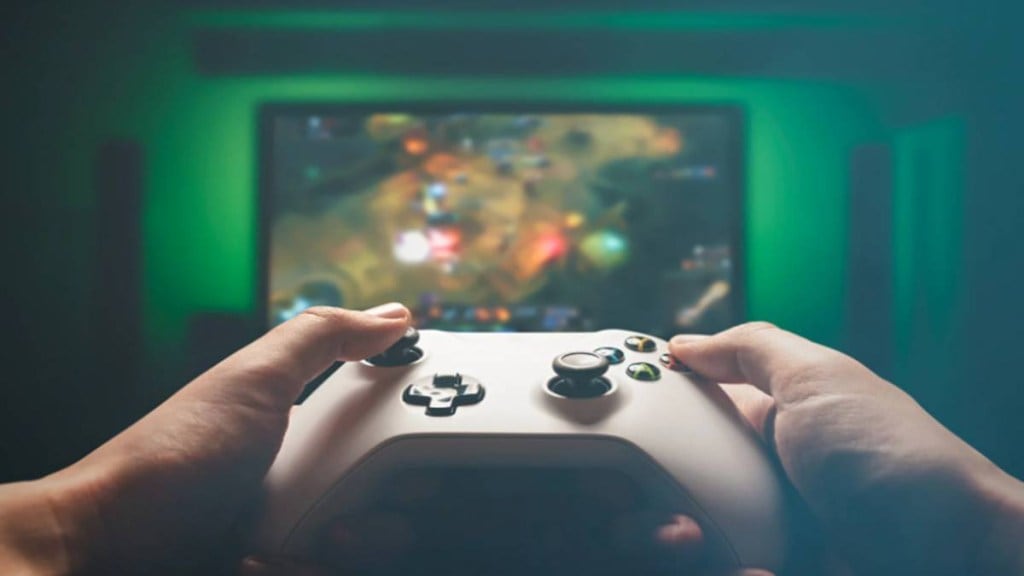In the first legal challenge to the recently enacted Promotion and Regulation of Online Gaming Act, Head Digital Works, the operator of rummy and poker platform A23, has moved the Karnataka High Court contesting a blanket ban on all forms of online money games. The matter is scheduled to be heard on August 30.
The law, which received parliamentary approval and presidential assent last week, put the booming online gaming industry in a bind, with many of them shutting real-money games. Several key players in the sector like Dream11, Gameskraft, and Zupee have, however, decided not to put up a legal challenge to the legislation, and instead focus on pivoting their businesses.
Dream11 has launched wealth management app Dream Money, while WinZO introduced WinZO TV, a microdrama platform.
Poker platform A23 appealed the court to declare law unconstitutional related to games of skills
In its petition, A23 argued that the legislation effectively criminalises skill-based games such as rummy and poker, putting legitimate businesses at the risk of immediate shutdown. It urged the court to declare the law unconstitutional in its application to games of skill.
Head Digital Works did not immediately respond to a request for comments on the development.
Gaming lawyer Jay Sayta outlined multiple grounds to challenge the law, including “lack of legislative competence since the central government has encroached in subject matters falling squarely in the domain of states, infringement of right to trade and commerce of legitimate skill-based online gaming companies, and manifest arbitrariness in the categorisation of games.”
“The strongest constitutional grounds likely to be raised are rooted in Article 19(1)(g) (right to carry on trade or business), arguing that the law imposes unreasonable restrictions beyond the scope of Article 19(6),” said Navod Prasannan, partner at King Stubb & Kasiva.
Industry bodies warn that restrictions could impact investor confidence
However, legal experts caution that any form of court relief faces uncertain timelines. “Interim court relief is unlikely to come in less than a few weeks with final constitutional adjudication potentially stretching over one to two years,” Nidhi Singh, partner at IndiaLaw, noted.
Industry bodies including the All India Gaming Federation, E-Gaming Federation, and Federation of Indian Fantasy Sports have urged the government to reconsider, warning that blanket restrictions could “choke innovation and erode investor confidence” in one of India’s fastest-growing digital sectors.
The government has said the law encourages e-sports and social gaming while putting a ban on online money games that cause social harms.

